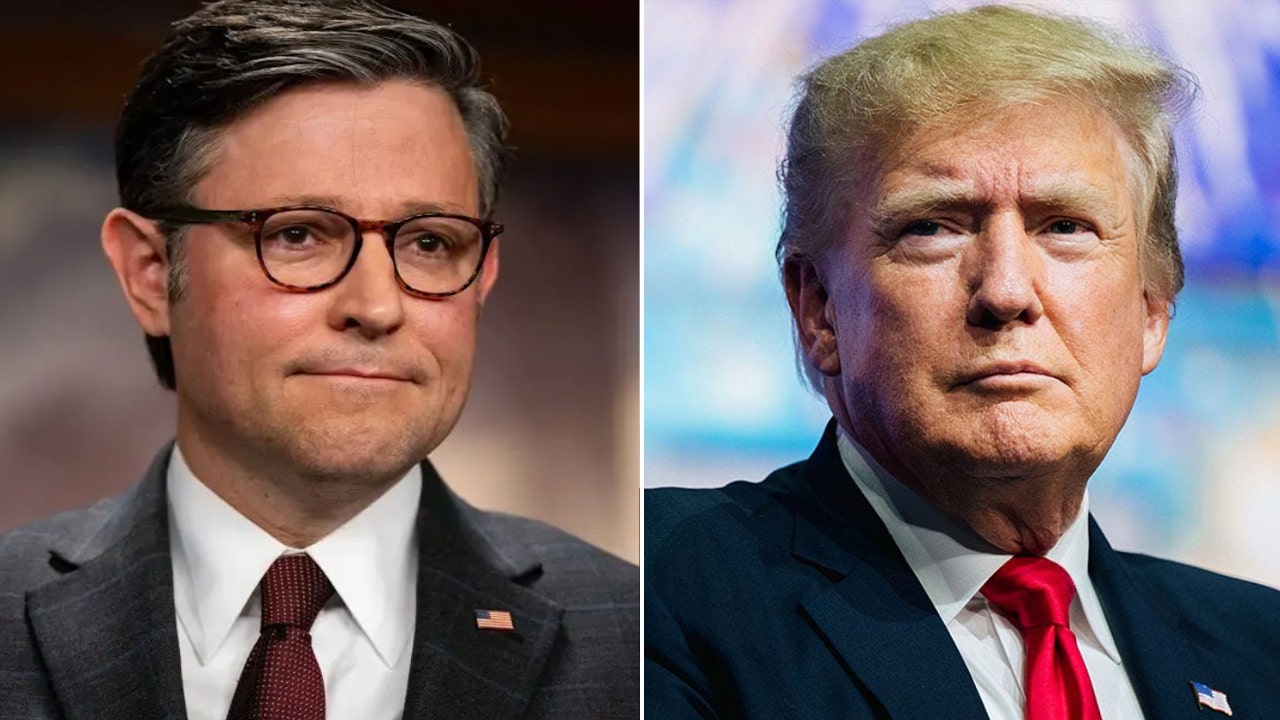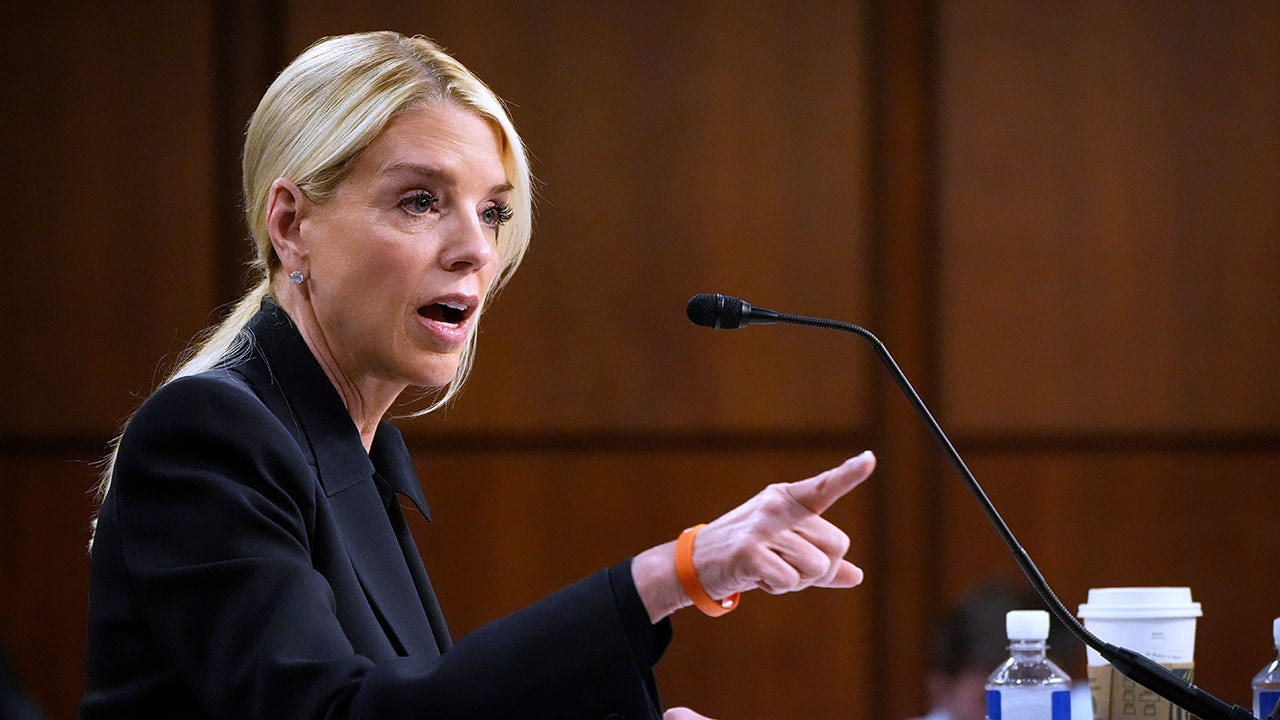Spending showdown: Republicans need to corral votes – but they haven’t asked

As the clock ticks down and Washington braces for another potential government shutdown, the biggest untold story in the nation’s capital is the lack of agreement on a “topline” spending number for the rest of fiscal year 2025. With just six weeks left until the deadline on March 14, bipartisan Congressional leaders and top appropriators have yet to forge a compromise.
The House managed to tackle five of the 12 spending bills last year, but has made no progress on any so far this year. The Senate, on the other hand, has been preoccupied with confirmations, leaving little floor time for appropriations. With Republicans in control of the House, Senate, and White House, the path forward remains unclear.
House Speaker Mike Johnson, R-La., who took the reins from former Speaker Kevin McCarthy, faced a similar challenge in December when a last-minute demand from President Trump led to the withdrawal of a massive spending package. This time around, the focus is on avoiding a government shutdown and reaching a consensus on spending priorities.
Despite Republican promises to pass individual spending bills, the likelihood of a continuing resolution (CR) to fund the government at current levels is growing. Some members of the Freedom Caucus oppose interim measures like a CR, adding to the uncertainty facing House Republicans.
As lawmakers grapple with these challenges, attention has shifted to President Trump’s ambitious tax and spending plan, which some fear may overshadow the urgent need to address government funding. With tensions running high and the specter of a shutdown looming, the fate of the “big, beautiful bill” remains uncertain.
In the midst of this political firestorm, House Democrats are no longer as willing to bail out Republicans as they were in the previous Congress. Without a clear line of communication with Republicans, Minority Leader Hakeem Jeffries, D-N.Y., remains cautious about potential requests in exchange for Democratic support.
The blame game between Republicans and Democrats continues, with both sides grappling for leverage in the spending negotiations. While Republicans hold the majority, securing the votes needed to fund the government and avoid a debt ceiling crisis remains a daunting task.
With time running out and the stakes higher than ever, the fate of government funding rests on the ability of lawmakers to set aside partisan differences and find common ground. Whether they can keep the streak of avoiding a shutdown alive remains to be seen. As the deadline approaches, all eyes are on Washington as the scramble to avert a government shutdown intensifies.




